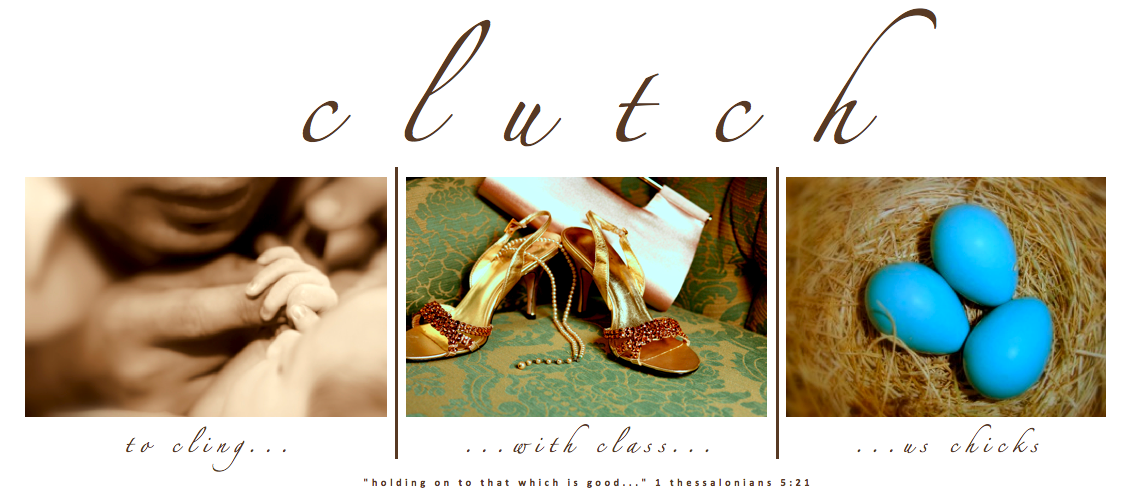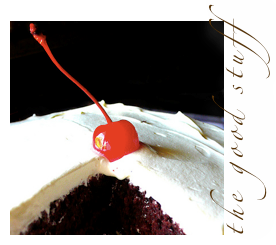positive discipline - part 3
>> June 2, 2010
Let’s continue our discussion on positive discipline. First of all, let me reply to a comment that was made about how discipline shouldn’t always be pleasant. By positive, I don't mean pleasant. I mean the results are positive, as opposed to negative and destructive. There's a difference between punishment and discipline. Discipline will always result in positive, whereas punishment will be negative. Discipline is making disciples out of our children--instilling the character of Christ, while punishment is simply acting upon our children because we don't like what they did.
Now, to continue, positive discipline should be honest and clear. To be honest, we need to stear clear of sarcasm and generalizations—a general rule in communication, BTW—and honestly communicate our feelings about the misbehavior. Last night, my son did something that I thought was rude and disrespectful. So I told him, “I felt disrespected when you did that.” I was honest about my feelings, which helped him to realize that his actions had an effect on someone else, namely me. Additionally, I focused on how I felt, rather than accusing him of deliberately acting that way. It prevented him from getting defensive, and all he could do was apologize and think about what he had done to hurt me.
Secondly, being honest means that we don’t threaten something that we know good and well we can’t or won’t follow through with. We should never threaten that we will leave our child somewhere if they don’t come right now. We, of course, won’t leave them there, and we really don’t want them to think that we will. Instead, we should focus on what we can control. For instance, (depending on the circumstances, of course) say your child doesn’t want to leave the toy aisle of the store; you could say instead, “I am leaving here in 1 minute. [Give them a warning, or count down; it helps to be proactive, remember?] Now you can come riding in the cart, or you can come walking.” (Or holding my hand, or holding the new toy, or without the new toy, etc.). We should always be honest in our discipline, because we want to not only discipline our children for Christ, but to teach them to be honest too.
Next, positive discipline should be clear. We can be proactive by clearing explaining our expectations and boundaries before hand. Many times it isn’t misbehavior as much as it is not knowing what their parents actually want. And when a child does misbehave and is in need of discipline, focus on the action rather than the child. We want to be clear in what the misbehavior was. For example, rather than saying “You were selfish and rude to your brother,” we could say, “Taking that toy away from him was rude, and we don’t want to be rude in our family. We want to share and be kind.” Then follow it up with a choice, such as, “Now do you want to give it back to him, or should I?” You clearly stated what was wrong with what he did, clearly how you wanted him to act, and clearly what you want him to do next. The clearer we are, and the more “thinking” words we use—words that make our child think rather than get defensive or want to fight—the more discipline is taking place. Because then the child is having to think about their actions, and how they should have handled it, and will handle it next time.
Now, to continue, positive discipline should be honest and clear. To be honest, we need to stear clear of sarcasm and generalizations—a general rule in communication, BTW—and honestly communicate our feelings about the misbehavior. Last night, my son did something that I thought was rude and disrespectful. So I told him, “I felt disrespected when you did that.” I was honest about my feelings, which helped him to realize that his actions had an effect on someone else, namely me. Additionally, I focused on how I felt, rather than accusing him of deliberately acting that way. It prevented him from getting defensive, and all he could do was apologize and think about what he had done to hurt me.
Secondly, being honest means that we don’t threaten something that we know good and well we can’t or won’t follow through with. We should never threaten that we will leave our child somewhere if they don’t come right now. We, of course, won’t leave them there, and we really don’t want them to think that we will. Instead, we should focus on what we can control. For instance, (depending on the circumstances, of course) say your child doesn’t want to leave the toy aisle of the store; you could say instead, “I am leaving here in 1 minute. [Give them a warning, or count down; it helps to be proactive, remember?] Now you can come riding in the cart, or you can come walking.” (Or holding my hand, or holding the new toy, or without the new toy, etc.). We should always be honest in our discipline, because we want to not only discipline our children for Christ, but to teach them to be honest too.
Next, positive discipline should be clear. We can be proactive by clearing explaining our expectations and boundaries before hand. Many times it isn’t misbehavior as much as it is not knowing what their parents actually want. And when a child does misbehave and is in need of discipline, focus on the action rather than the child. We want to be clear in what the misbehavior was. For example, rather than saying “You were selfish and rude to your brother,” we could say, “Taking that toy away from him was rude, and we don’t want to be rude in our family. We want to share and be kind.” Then follow it up with a choice, such as, “Now do you want to give it back to him, or should I?” You clearly stated what was wrong with what he did, clearly how you wanted him to act, and clearly what you want him to do next. The clearer we are, and the more “thinking” words we use—words that make our child think rather than get defensive or want to fight—the more discipline is taking place. Because then the child is having to think about their actions, and how they should have handled it, and will handle it next time.
Next week, we will discuss how positive discipline should be fair, appropriate and level-headed. Again, feel free to comment on this post or my previous ones on positive discipline.
Use allowed by express written permission only.
Tweets, trackbacks, and link sharing encouraged.














1 comments:
"don’t threaten something that we know good and well we can’t or won’t follow through with."
Very true... I think if we do this, we teach our children to ignore us!
Post a Comment